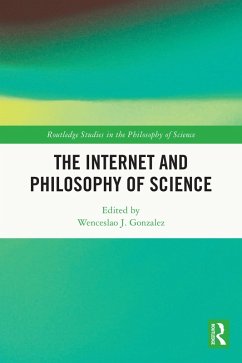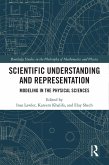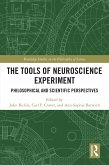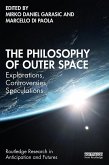There is a clear contribution of the Internet to science: first, the very development of the network of networks requires the creation of new science; second, the Internet empowers scientific disciplines, such as communication sciences; and third, the Internet has fostered a whole new emergent field of data and information. After the opening chapter, which offers a series of keys to the book, there are nine chapters, grouped into four parts: (I) Configuration of the Internet and Its Future, (II) Structural and Dynamic Complexity in the Design of the Internet, (III) Internal and External Contributions of the Internet, and (IV) The Internet and the Sciences.
Following this framework, The Internet and Philosophy of Science will be of interest to scholars and advanced students working in philosophy of science, philosophy of technology as well as science and technology studies.
Dieser Download kann aus rechtlichen Gründen nur mit Rechnungsadresse in A, B, BG, CY, CZ, D, DK, EW, E, FIN, F, GR, HR, H, IRL, I, LT, L, LR, M, NL, PL, P, R, S, SLO, SK ausgeliefert werden.









